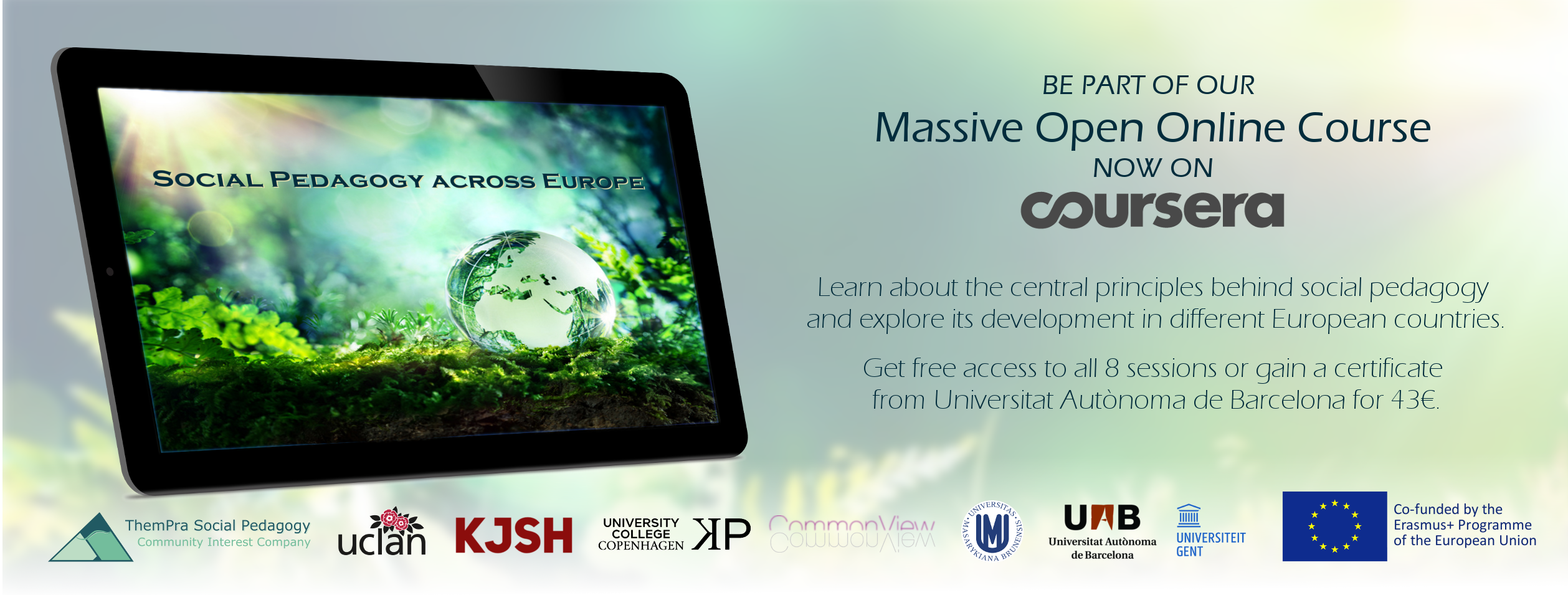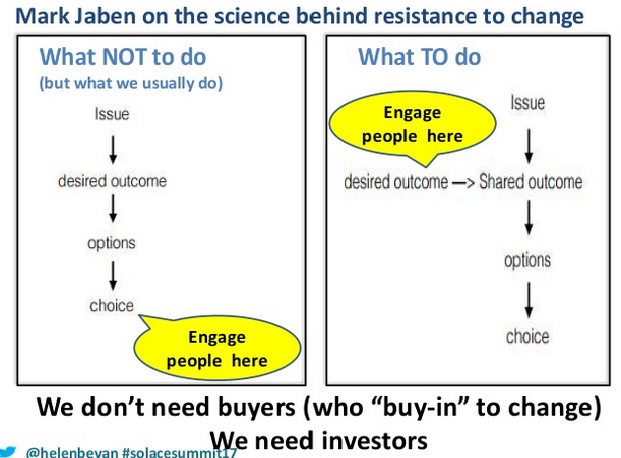Contemporary Challenges for Social Professions – The Case for Social Pedagogy as a Meaningful Perspective
Ghent University, 21 May, 2019
We’re excited to announce further programme details at the forthcoming International Conference in Ghent.
CONFERENCE OUTLINE
Social professions find themselves under intense pressure to achieve better outcomes with fewer resources. Aimed at policy-makers and other professionals from across Europe, this conference highlights the importance of a social pedagogical perspective in countering some of the most profound and persistent challenges to social professions across Europe. Throughout the conference day we will focus on how decision-makers can create the conditions in which practitioners can develop meaningful relationships with the people they support, facilitate social inclusion and remain committed to social justice. Presenters at the conference include Prof Walter Lorenz (Charles University Prague) and Dr Sanna Ryynänen (University of Eastern Finland). You will also have the opportunity to gain insights into innovative practice developments and grow your international network with other professionals from different European countries.
PROGRAMME
from 8.30: Registration
9.30: Welcome by Prof Ann Buysse (Dean, Ghent University)
9.45: Social Pedagogy as a Meaningful Perspective: Insights from our MOOC project – Gabriel Eichsteller & Sylvia Holthoff (ThemPra Social Pedagogy, UK)
10.15: Inequality as a Social Pedagogical Question – Dr Sanna Ryynänen (University of Eastern Finland)
10.45: Coffee break
11.15: Social Pedagogy as a Perspective on Social Policy – Prof Walter Lorenz (Charles University Prague)
11.45: Facilitated thematic discussion
12.30: Lunch
13.30: Social Pedagogy in Practice: Examples from six countries (Belgium, Czech Republic, Denmark, Germany, Spain, United Kingdom) – workshop round 1
14.45: Coffee break
15.15: Social Pedagogy in Practice: Examples from six countries (Belgium, Czech Republic, Denmark, Germany, Spain, United Kingdom) – workshop round 2
16.30: Reflections from the day
17.00: Reception
WHO THE CONFERENCE IS FOR
Policy-makers, decision-makers and leaders as well as frontline practitioners working in social welfare, care, health and education settings will find this conference of particular relevance.
REGISTRATION & FEES
Please register here to secure your place. Registration for this event will cost 60 €. After registering you will receive a payment link by email.
For international guests from Southern, Central and Eastern Europe with substantial travel costs we’re able to offer some financial support through our Erasmus+ funds. Please contact gabriel@thempra.org.uk for details.
VENUE
The conference will take place at Universiteit Gent, Faculty of Psychology and Educational Sciences, Henri Dunantlaan 2, 9000 Ghent. Click here to find it on Google Maps.
VISIT GHENT
If you’ve never been to Ghent, Belgium, you’re probably unaware of how amazing the city actually is! There’s so much to see, so make sure you leave some time on your trip for sightseeing and the local cuisine – Belgian beer, frites, waffles and chocolates are just the tip of the culinary iceberg!






